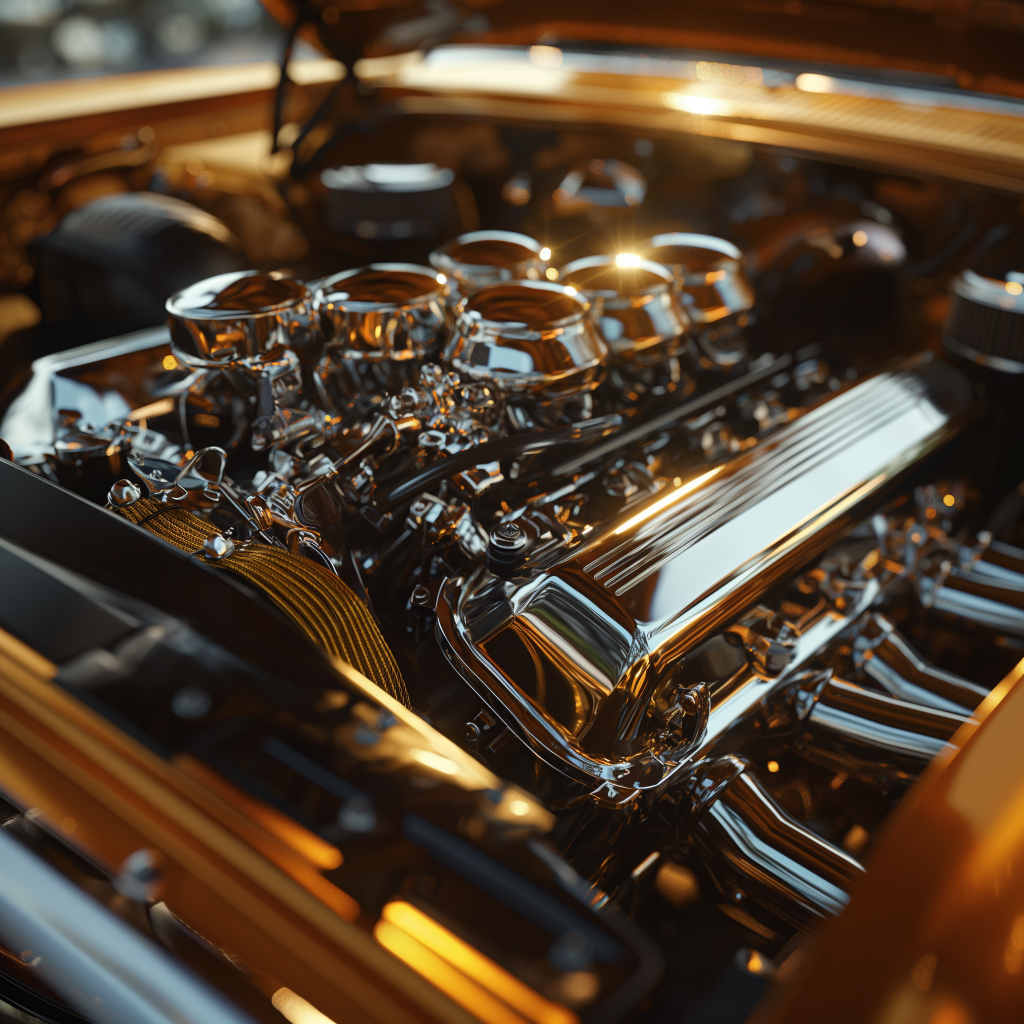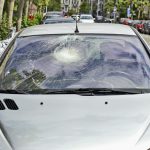Owning a supercar is a dream for many, symbolising status, performance, and pure driving pleasure. However, stepping into the world of used supercars can be a minefield if you don’t tread carefully.
In this guide, we’ll walk you through seven common pitfalls and how to avoid them, ensuring your journey to supercar ownership is smooth and enjoyable.
Introduction
Imagine the thrill of owning a supercar, the sound of the engine roaring, the envious glances from passersby. But before you rush into buying that dream machine, it’s crucial to understand the complexities and potential risks involved. Buying a used supercar can be rewarding but requires due diligence to avoid costly mistakes.
Pitfall 1: Not Checking the Car’s History
One of the most critical steps in buying a used supercar is thoroughly checking its history. This includes looking into past accidents, service records, and ownership changes. A car involved in an accident may have underlying damage that isn’t immediately visible.
Why It Matters
The history of a car can reveal a lot about its past. For instance, a car in a major accident may have structural damage that can affect its performance and safety. Additionally, cars with multiple owners in a short period might have underlying issues that previous owners wanted to offload quickly.
Solution
Use reputable services like HPI Check for a detailed report on the car’s history. This report will provide information on any outstanding finance, previous accidents, mileage discrepancies, and whether the car has been stolen. Ensure that the car has a full-service history (FSH) from an authorised dealer or recognised specialist, indicating the car has been well maintained. Cross-reference the service records with the mileage to check for consistency. Contact previous owners to get firsthand accounts of the car’s condition if possible.
Pitfall 2: Ignoring Maintenance Costs
Supercars are not like regular vehicles when it comes to maintenance. They require specialised care, and parts can be exceedingly expensive. Ignoring these costs can lead to significant financial strain.
Why It Matters
Maintenance costs for supercars can be astronomical compared to regular vehicles. Routine services can cost several times more, and parts are often more expensive and harder to find. Furthermore, specialised labour is often required, which can add to the cost.
Solution
Before purchasing, research the typical maintenance costs for the model you want. This includes routine services, parts replacement, and any common issues that may arise. Forums and owners’ clubs are excellent resources for this information. Make sure you factor these costs into your budget to avoid unpleasant surprises. It’s also wise to set aside an emergency fund for unexpected repairs, as supercar parts can be both rare and expensive.
Pitfall 3: Overlooking Mileage and Wear
High mileage on a supercar can significantly affect its performance and value. Additionally, wear and tear can lead to expensive repairs down the line.
Why It Matters
Supercars are designed for high performance, which often means they are driven hard. High mileage can indicate extensive use, leading to significant wear and tear on critical components. Additionally, the resale value of a high-mileage supercar can be significantly lower.
Solution
Inspect the car thoroughly, focusing on signs of excessive wear, such as worn seats, faded paint, and scratched interior panels. Hire a professional to perform a detailed inspection. They can check critical components such as the engine, transmission, and suspension for signs of wear or impending failure. Look for uneven tyre wear, indicating alignment issues or aggressive driving. Also, check for rust and corrosion, mainly if the car has been driven in areas with harsh winters or near the coast.
Pitfall 4: Failing to Verify Authenticity
The market for supercars can sometimes include counterfeit or stolen vehicles. Ensuring the car’s authenticity is crucial to protect your investment.
Why It Matters
Supercars are valuable, making them a target for thieves and counterfeiters. Purchasing a stolen or counterfeit vehicle can lead to legal troubles and significant financial losses.
Solution
Verify the car’s Vehicle Identification Number (VIN) matches all documentation and is consistent across the car’s chassis, engine, and other components. Request certificates of authenticity and check them against manufacturer records. Buying from a reputable dealer or a well-known auction house can also help mitigate the risk of purchasing a counterfeit or stolen vehicle. Be wary of deals that seem too good to be true, as they often are. When in doubt, consult with experts who can help verify the car’s authenticity.
Pitfall 5: Not Considering Insurance Costs
Insurance for supercars is often significantly higher than for regular cars due to their value, performance, and repair costs. Underestimating these costs can lead to budget issues.
Why It Matters
The high value and performance of supercars make them expensive to insure. Insurance companies consider factors such as the cost of repairs, the likelihood of theft, and the potential for high-speed accidents when setting premiums. You must account for these costs to maintain your finances.
Solution
Before you commit to a purchase, obtain insurance quotes from multiple providers. Consider factors such as your driving history, the car’s age, and its value. Some insurers specialise in high-performance cars and can offer tailored coverage. Ensure you fully understand the policy details, including any exclusions or conditions that might affect your coverage. It’s also a good idea to explore options for agreed value coverage, which can provide more certainty about the payout in the event of a total loss.
Pitfall 6: Neglecting to Test Drive
A supercar’s performance and condition can only truly be assessed by driving it. Skipping this step can mean missing out on identifying critical issues.
Why It Matters
A test drive is essential to understanding how the car performs and feels on the road. It allows you to identify issues that may not be visible during a static inspection, such as handling problems, strange noises, or discomfort in the seating position.
Solution
Always test drive the car under various conditions. Pay attention to how it handles, accelerates, and brakes. Listen for unusual noises from the engine, transmission, and suspension. Test all electronic systems and ensure they are functioning correctly. A comprehensive test drive can reveal potential problems that aren’t evident from a visual inspection alone. If possible, drive the car on both city streets and highways to get a full picture of its performance.
Pitfall 7: Skipping Professional Inspection
Even if the car looks perfect, hidden issues can still exist. A professional inspection can uncover problems that could be costly to fix.
Why It Matters
Supercars are complex machines with sophisticated systems. Hidden issues, such as engine problems or electrical faults, can be costly to repair and may not be evident during a casual inspection. A professional inspection provides a thorough assessment of the car’s condition.
Solution
Hire a certified mechanic or a specialist familiar with the particular make and model of the supercar you are interested in. They can comprehensively inspect everything from the engine and transmission to the electrical system and chassis. This inspection will give you peace of mind and ensure you make a sound investment. Insist on a written report detailing the condition of the car and any potential issues. This documentation can also be useful in negotiations with the seller.
Conclusion
If done correctly, buying a used supercar in the UK can be an exhilarating experience. By avoiding these seven pitfalls, you can ensure your dream car doesn’t become a nightmare. Always conduct thorough research, budget for ongoing costs, and seek professional advice to make an informed decision.
Remember, the key to a successful purchase is diligence and preparation. With the right approach, you’ll be able to enjoy the thrill of owning a supercar without the stress of unexpected issues.













































